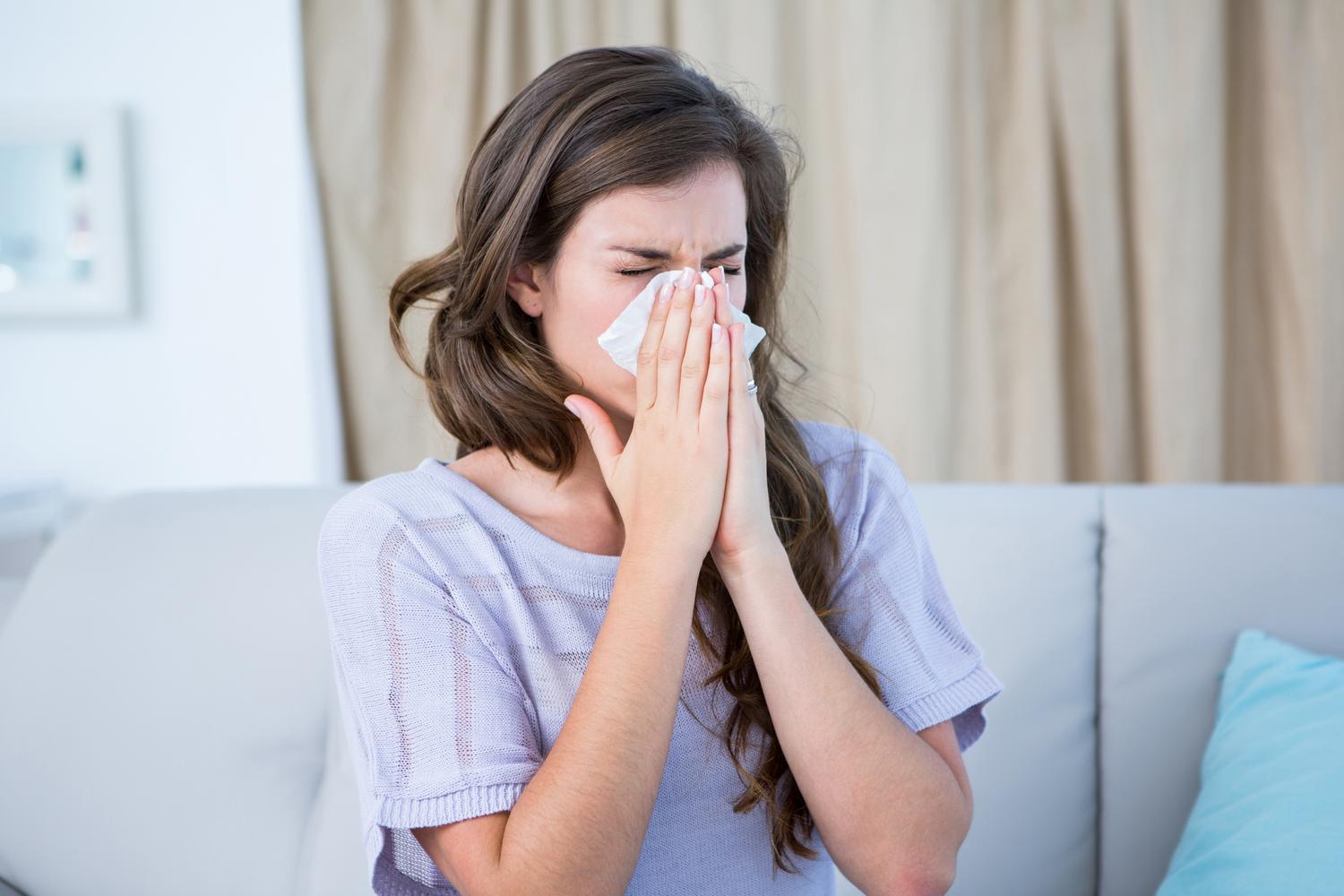Protecting Yourself from Wildfire Smoke: Frequently Asked Questions
FAQs: Wildfire smoke health risks, air quality and more
As wildfires continue to burn in Canada, poor air quality conditions from wildfire smoke looms large in parts of the Northeast, Mid-Atlantic and Midwest. The hazardous air quality and air pollution resulting from these fires can have detrimental effects on our health, particularly on the respiratory system. In order to safeguard ourselves and our loved ones, it is crucial to take proactive measures to protect against wildfire smoke. We’ve addressed some frequently-asked questions about air quality, wildfire smoke health risks and more below:
Q: What are the health risks associated with wildfire smoke?
A: Wildfire smoke is a mix of gasses and fine particles from burning trees and other plant materials. This smoke can harm your eyes, irritate your respiratory system, and worsen chronic heart and lung diseases. Smoke exposure can cause coughing, trouble breathing, stinging eyes, a runny nose, bronchitis, and other health problems. People with heart or lung diseases, like heart disease, lung disease, or asthma, older adults, pregnant women and children are at greater risk.
Q: How can I tell if the air quality is poor because of a wildfire?
A: You can track air quality through government air quality agencies or websites, which often provide real-time air quality index (AQI) measurements. These measurements can tell you the levels of particulate matter in the air, a common pollutant from wildfires. If the AQI is above 100, sensitive groups may experience negative health effects. If it's above 150, the air is considered unhealthy for everyone.
Q: What should I do when there is a wildfire and the smoke is affecting my area?
A: It's important to stay indoors as much as possible during heavy smoke events. Close windows and doors and use fans or air conditioning units to keep cool. If you have an air purifier, use it. Limit physical activity and stay hydrated. If you need to go outside, consider wearing a mask designed to filter out particulate matter. N95 and KN95 masks, if properly fitted, can filter out most particles from smoke.
Q: Do regular cloth face masks or surgical masks protect against wildfire smoke?
A: Regular cloth face masks and surgical masks do not provide protection from the small particulate matter present in wildfire smoke. These masks are designed primarily to catch large droplets, like those from a cough or sneeze, not airborne particles. For protection against wildfire smoke, masks that are designed to filter out small particulates, such as N95 respirators or KN95 masks, are recommended.
Q: How can I protect my home from wildfire smoke?
A: According to the Environmental Protection Agency (EPA), wildfire smoke can enter your home through open windows and doors (natural ventilation), through mechanical ventilation devices (bathroom fans, kitchen fans that vent to the outdoors, or HVAC systems with a fresh air intake), or through small openings, joints, cracks, and around closed windows and doors (infiltration).
Make your home a smoke-free zone and improve your indoor air quality by closing windows and doors, and using weather stripping to seal gaps. Run air conditioners on recirculate mode to prevent outdoor smoke from getting inside. Using a portable air purifier can also help to reduce indoor air particle levels. Avoid activities that can increase indoor pollution, such as smoking, using gas, propane or wood-burning stoves and furnaces, spraying aerosol products, frying or broiling food, burning candles or vacuuming.
Q: Is it safe to exercise outdoors during a wildfire?
A: During a wildfire, outdoor exercise could lead to more inhalation of smoke particles, causing respiratory problems. It is recommended to limit outdoor exercise when smoke is visible or when the air quality index is high. You might want to consider indoor exercises instead.
Q: How can I protect my pets from wildfire smoke?
A: Similar to humans, pets can also be affected by the smoke. Keep your pets indoors as much as possible, and avoid long walks or strenuous exercise during smoky conditions. Ensure they have plenty of water, as hydration can help mitigate the effects of smoke.
While it is impossible to control the occurrence of wildfires, we can take proactive steps to protect ourselves and our families from the harmful effects of wildfire smoke. By being informed and taking precautions, you can reduce your exposure and safeguard your health.
As always, Sesame providers are here for you 7 days a week to discuss any particular concerns you have regarding your exposure to smoke or poor air quality. Browse providers available today.









